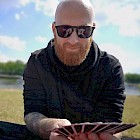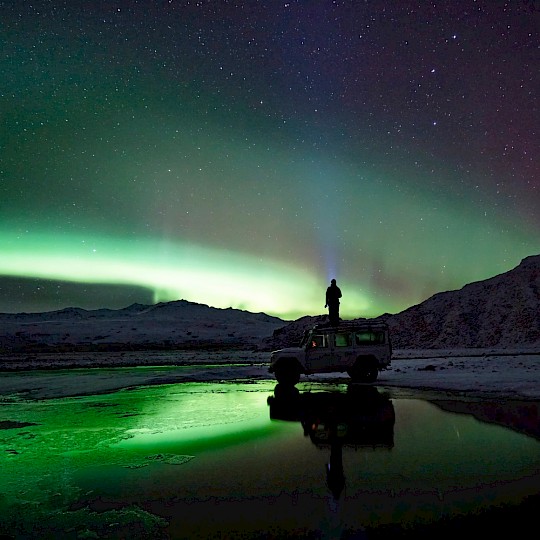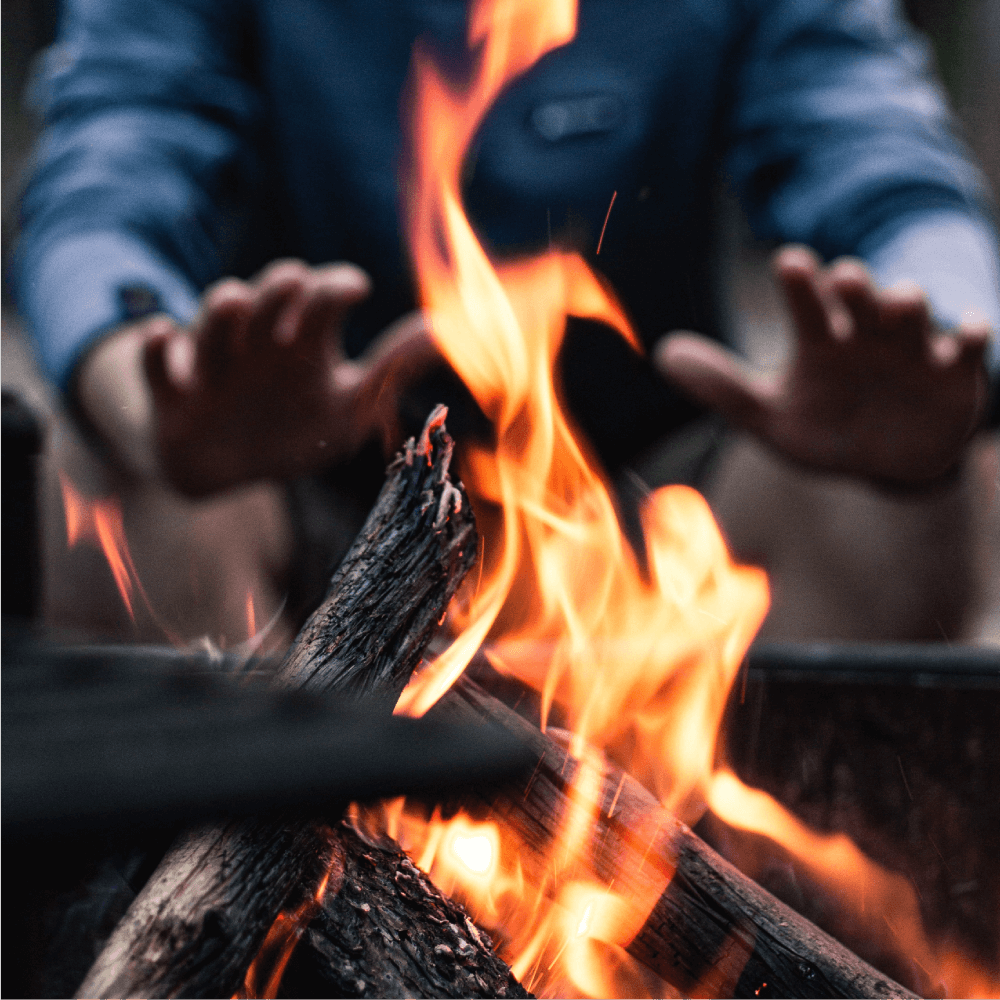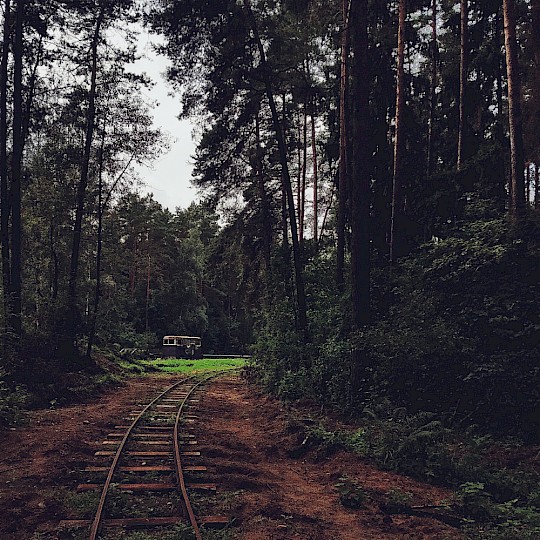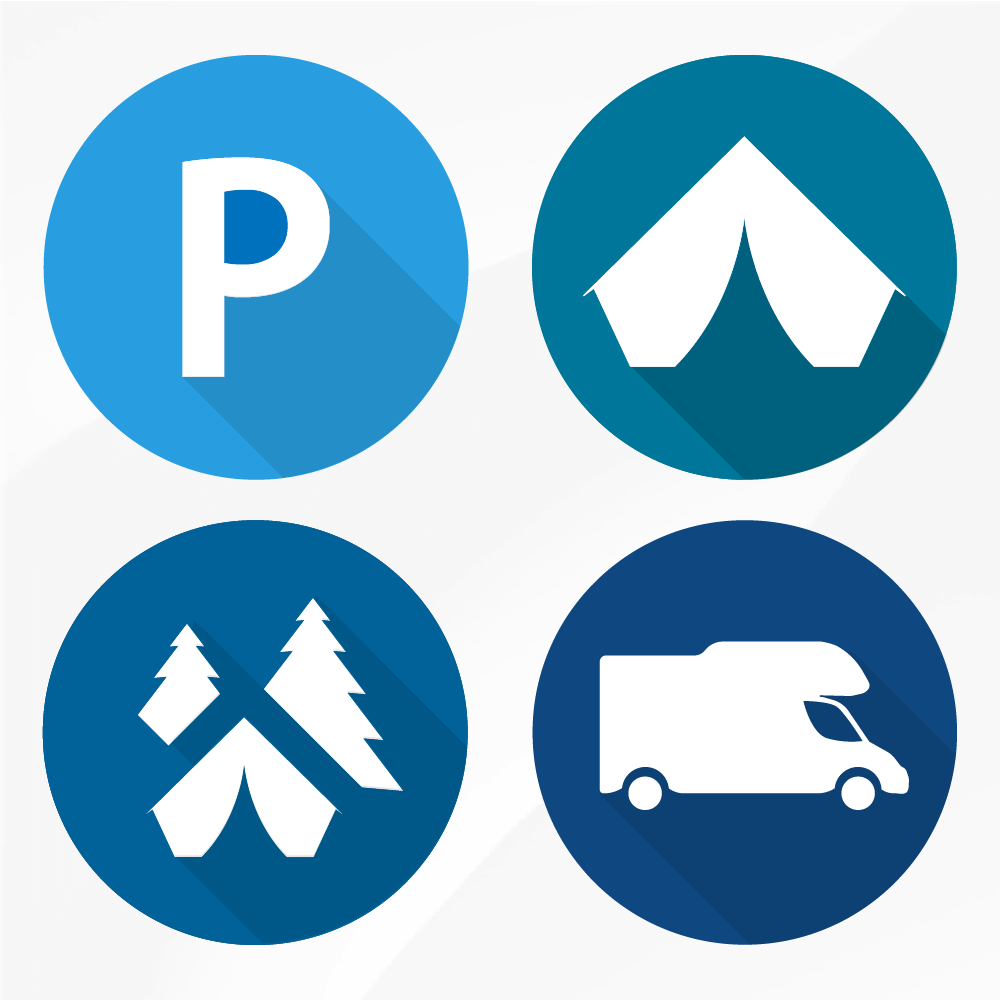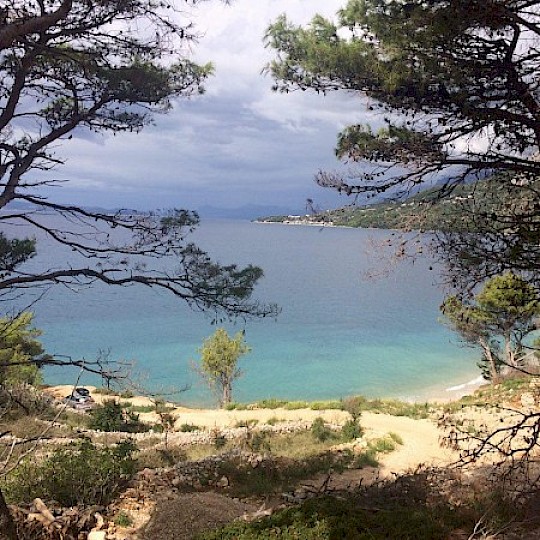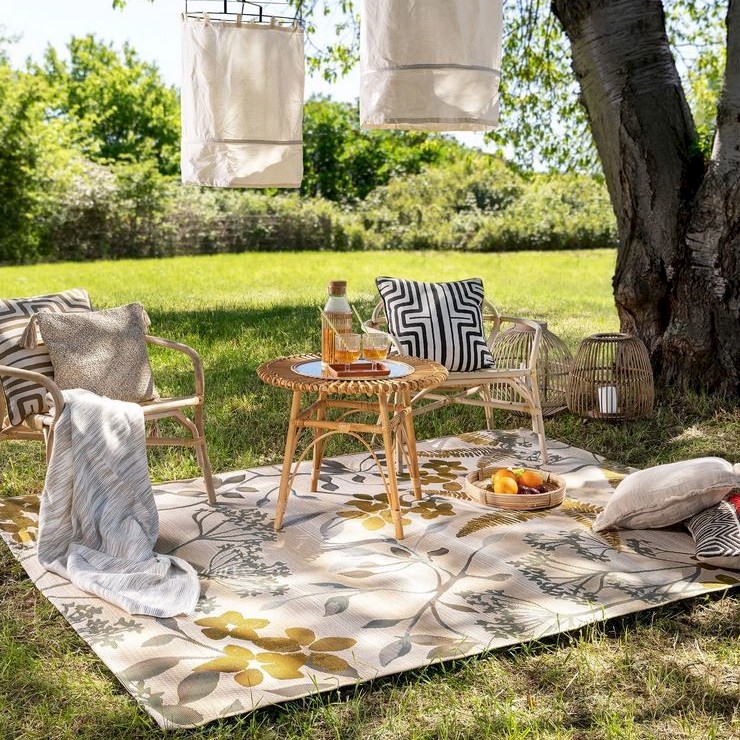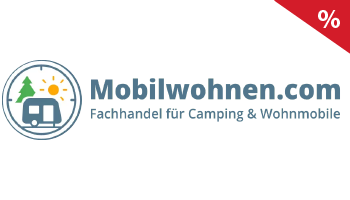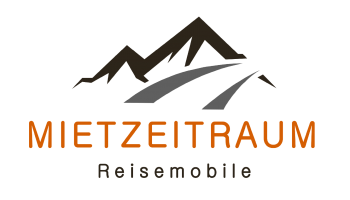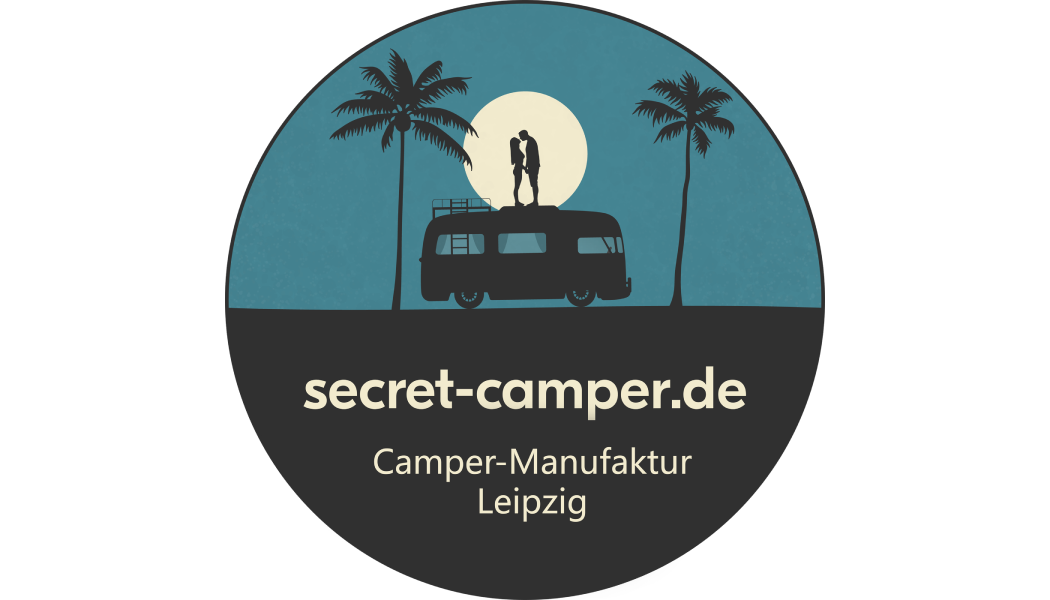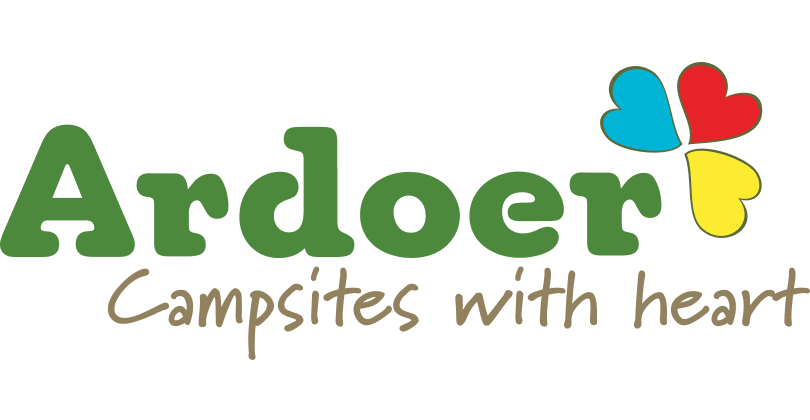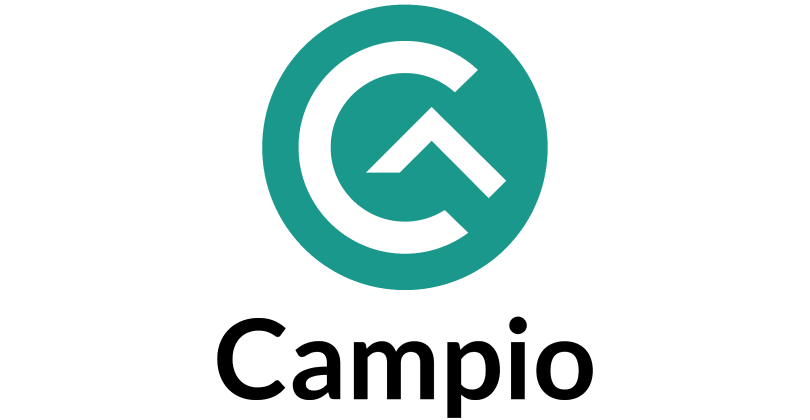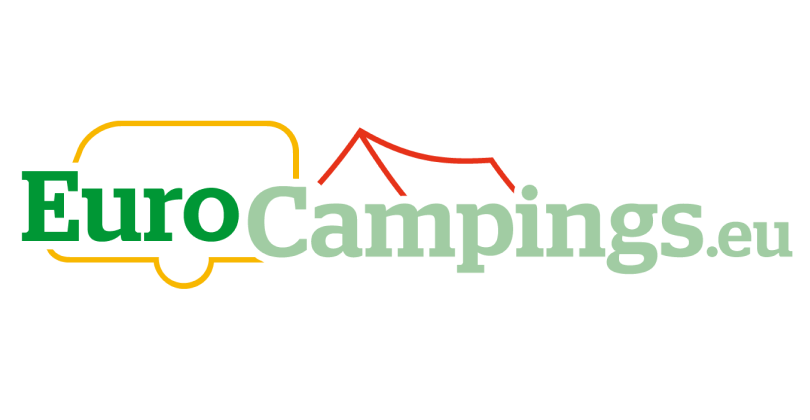Fact #1 - Tyre manufacturer
The largest tire manufacturer in the world comes from Denmark. With around 500 million tires produced each year, LEGO is in the first place, even if the tires are not very large.
Fact #2 - Jump into the New Year
Every country has its customs when it comes to the beginning of the New Year. At midnight the Danes jump from chairs or armchairs into the New Year; that brings luck.
Fact #3 - Play well
Another LEGO fact for you: LEGO comes from the Danish "leg godt" and means "play well". By the way, every person in the world has an average of 56 LEGO bricks.
Fact #4 - Hot Dogs
Many people automatically think of America when they think of hot dogs, but the Danes also love their hot dogs, here known as "Pølser". An average of 3 million hot dogs is sold in Denmark every year.
Fact #5 - Dannebrog
The Dannebrog is the Danish flag. It is so important for the Danes that there is a manual for them in which the handling is laid down. The manual is 64 pages long.
Fact #6 - Little cash
The Danes are increasingly switching from cash to card payment or online payment. You can even pay at cloakrooms and flea markets with a card and rarely need cash.
Fact #7 - The Little Mermaid
The Little Mermaid is a story by the Danish author Hans Christian Andersen. In 1913 a statue was erected in Copenhagen that attracts over a million visitors every year.
Fact #8 - Pork meat
Danes like to eat pork, from the bacon in the morning to hot dogs at noon and roast pork in the evening. That's why there are so many pigs here, about 13 million.
Fact #9 - Hygge
Hygge describes the Danish lifestyle. It describes a feeling of coziness and warmth, but cannot be translated as coziness because it is more than that.
Fact #10 - Tivoli
Tivoli is a well-known leisure and recreation park in Copenhagen. It was opened on 15 August 1843 and is the second oldest theme park in the world. The oldest park "Dyrehavsbakken" is also located in Denmark.


